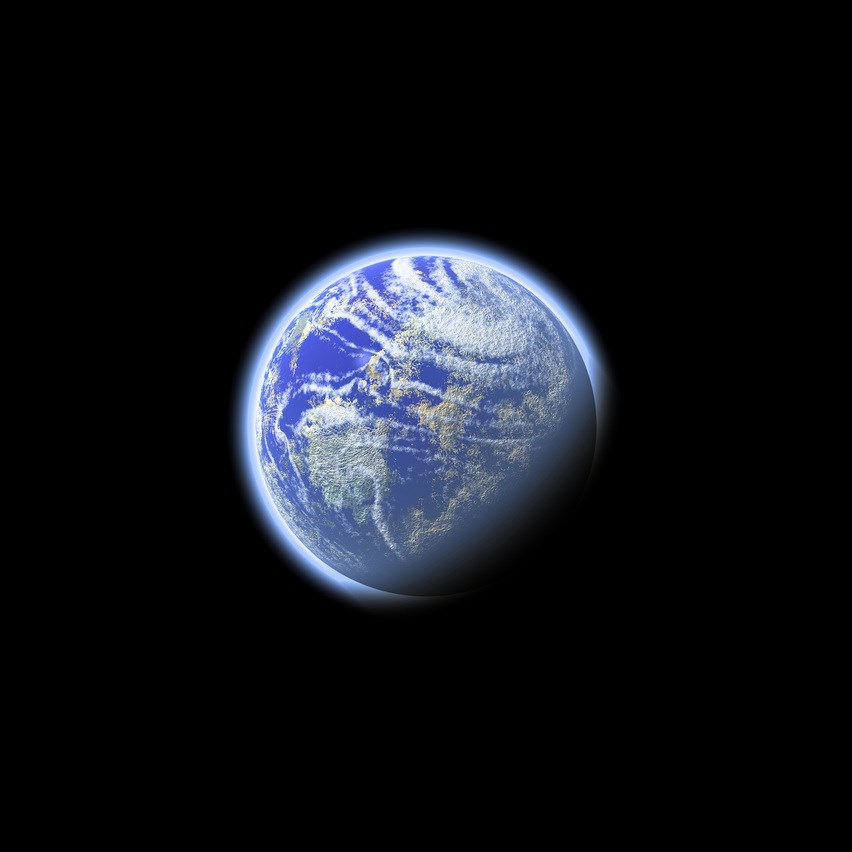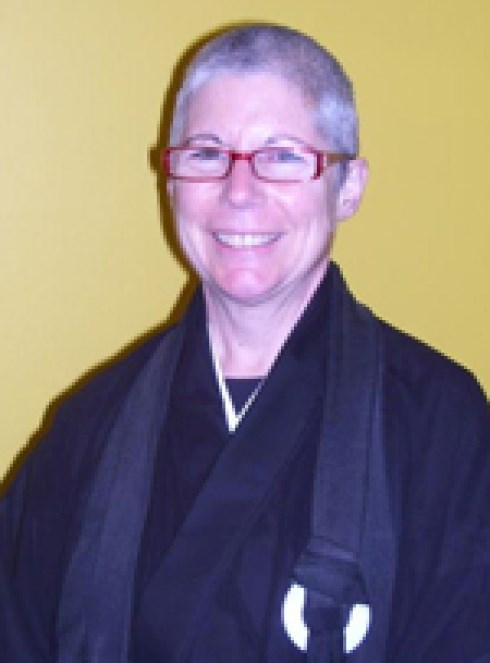 Zen Buddhism. For me, this is the perfect spiritual path for our times. It calls us to wake up! See the world and our place in it, just as it is. We are tiny, very short-lived, and sometimes not at all wise. The cosmos (including right here and now) is vast, eternal, beautiful, surprising, and sometimes paradoxical. Our planet (think of an apple), with its very thin layers of earth, air, and water (akin to the skin of the apple) is the only place in the cosmos where we can survive. Since we are relatively unimportant in the grand scheme of things, there’s little we are called to do but live in harmony, sustain our environment, and love others as ourselves.
Zen Buddhism. For me, this is the perfect spiritual path for our times. It calls us to wake up! See the world and our place in it, just as it is. We are tiny, very short-lived, and sometimes not at all wise. The cosmos (including right here and now) is vast, eternal, beautiful, surprising, and sometimes paradoxical. Our planet (think of an apple), with its very thin layers of earth, air, and water (akin to the skin of the apple) is the only place in the cosmos where we can survive. Since we are relatively unimportant in the grand scheme of things, there’s little we are called to do but live in harmony, sustain our environment, and love others as ourselves.
That’s all. It’s so simple.
For years I’ve struggled with one of the fundamental practices of Rinzai Zen: Koan practice. This is a teaching tool passed down from teacher to teacher over centuries. The teacher assigns a koan, or ancient story which can throw light on a relevant Buddhist principle. The student works away at understanding the principle, sometimes getting it immediately, and sometimes taking years to absorb and understand on an experiential level. Ugh, so irrelevant, so macho. I prefer just sitting, thanks.
Then came the discovery that working with these ancient stories is a powerful way to uncover my hidden assumptions. Usually what blocks the resolution of a koan or spiritual conundrum is one or more unconsciously held beliefs. When these are brought to light I’m often aghast. Some examples are: I’m not good enough, I’m better than you, I have no intention of ever dying, European culture is superior, other cultures are irrelevant. Yes, they are not pretty, and can be so destructive since they work at an unconscious level, affecting our decisions large and small.
As I practise daily meditation my emotional armour and baggage is slowly shed. I lose a little entitlement here, some depression there.
I stop clinging so very much to an idea of who I think I am and open up a little to the unknown, the unfathomable. I begin to see into my blind spots and embrace the decolonization of my mind. A mind fed miss-information seems pretty dangerous, so I try to re-educate myself and at the same time let my ‘fond opinions’ go.
One day, I wake up happy and full of gratitude. For now, my personal demons, depression, anger, shame at my failures, confusion, loss and loneliness, for now these are quiet.
There is just the experience of gratitude.
With gratitude comes a deep sense of peace, and the will to give.
Generosity is a skill. I watch the people around me and learn how it’s done. It’s an art. It’s so simple. I take less. Try to learn to give more. Why? Why would I take less and give more?
I don’t know. All I know is that when I let in gratitude, a sense of well-being and the will to give follow naturally. I’m really bad at it. I fall down a lot. I generally seem to want enough and then a little more. It’s a work in progress.
So here I am, perhaps surprisingly happy, attentive, and a little more awake. What now? I live my life as before, but sometimes now I can live moment by moment, less encumbered by certainty and opinion. I’m still sometimes overwhelmed by the huge task of living awake in a culture that is entertained to death, but more and more often I feel strong, nimble, and resilient; ready to take action.
I’m ready to listen to that internal voice of wisdom choosing a sustainable, deeply connected yet simple lifestyle, more in keeping with the reality of circumstances on our tiny blue home.
 Rev. Soshin McMurchy is a priest with Zenwest Buddhist Society, , and serves as the Buddhist Chaplain with the University of Victoria Multifaith Services. She works part-time at the Greater Victoria Public Library and lives in Victoria with her partner of 39 years.
Rev. Soshin McMurchy is a priest with Zenwest Buddhist Society, , and serves as the Buddhist Chaplain with the University of Victoria Multifaith Services. She works part-time at the Greater Victoria Public Library and lives in Victoria with her partner of 39 years.
You can read more articles from our interfaith blog, Spritually Speaking,


